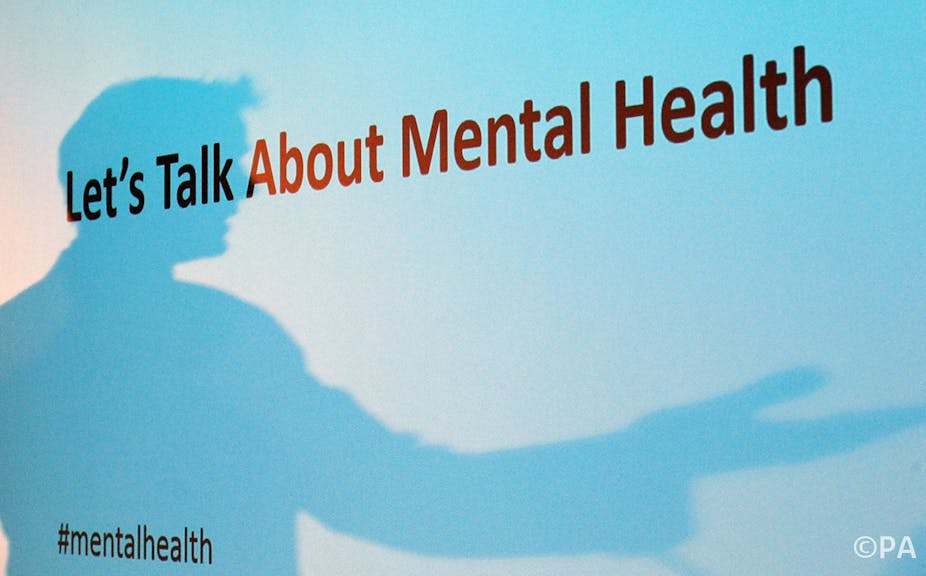Mental health makes the front page of the Liberal Democrats’ 2015 manifesto, and the party’s commitments on it are flagged as a “red line” for post-election negotiations. Mental health parity is highlighted as part of the package of £8 billion in new NHS funding, and equal care for mental and physical health is one of the party’s five key election commitments.
The manifesto restates the Lib Dems’ pledge to increase access to talking therapy, roll out waiting time standards, improve mental health care for vulnerable women during pregnancy and around birth, and “revolutionise” children’s mental health services.
But even these spending commitments would struggle to achieve parity. Mental health policy has lagged so badly behind, with long-term underfunding exacerbated over the last five years, that it would take a far heftier financial commitment than the Lib Dems’ proposed £500 million per year through 2016/17 to make up the difference in both quality of services and access to them.
And as is always the case with mental health issues, the devil is in the detail. That’s a big problem here, because there isn’t much.
There’s nothing about how the improved crisis care promised is to be logistically implemented. There’s nothing about improving safety for women in the psychiatric system, or about less discriminatory services for black and minority ethnic service users – a longstanding bane of mental health policy and provision that has given rise to accusations of institutionalised racism.
The manifesto does attempt to reassure voters worried about the extension of the Health and Social Care Act to mental health, pledging to “end the role of the Competition and Markets Authority in health, making it clear that the needs of patients, fairness and access always come ahead of competition.”
This is just not specific enough. A seamless health and social care system is especially important for people with mental health problems – and there is nothing here to explain how social care funding is going to be safeguarded for the future to help ensure that.
These manifesto pledges bear little relation to the coalition government’s policy. Since 2010, there has been too much that has been “unacceptable”, as as even the Lib Dem Minister Norman Lamb has acknowledged: standards of crisis care and support for young people, for instance, remain far too low.
The Lib Dems argue that these problems persist because of their partners in government. But given that their only way of retaining power is in some form of coalition, the electorate is entitled to wonder if, as far as mental health goes, it wouldn’t be more helpful to vote for a party that is likely to have more control over how its ideas are translated into policies.
The Conversation’s Manifesto Check deploys academic expertise to scrutinise the parties’ plans.

